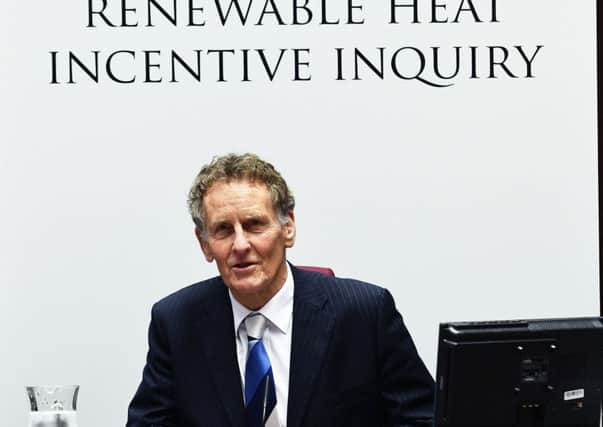No energy experts in DETI's energy division


Fiona Hepper said that she was appointed head of the energy division by David Sterling – who is now head of the civil service – but that she had “no experience” of energy policy.
The inquiry has already heard that the main official working on the scheme under her also had no energy expertise or even scientific expertise but was a “generalist” civil servant with an arts degree.
Advertisement
Hide AdAdvertisement
Hide AdMs Hepper said that because of her lack of expertise in energy she had procured expert consultants, CEPA, to advise on the creation of the RHI scheme.
However, CEPA have already told the inquiry that they were not experts in renewable heat and believed that the Stormont officials with whom they were working had more knowledge of the area than them, so they sub-contracted part of the work to another consultancy.
The panel also questioned Ms Hepper closely on whether she had provided full and accurate information to Arlene Foster. She was asked whether she had a discussion with Mrs Foster which showed the minister to have had any preference between an RHI scheme and the cheaper option of a ‘challenge fund’ grand scheme, which was about £200 million cheaper than RHI and, according to DETI’s consultants, would have delivered more renewable heat. She said: “It wouldn’t have been a conversation I would recall as specifically as that...of course she was fully aware of what [Whitehall] had done...but I don’t believe at that stage she would have had a preference one way or the other...throughout the process”. She added: “She would have been content for us to...she would have left it to officials for us to pull together the detail”. Ms Hepper rejected the claim by CEPA that DETI had put pressure on them not to recommend the challenge fund - even though it was cheaper.